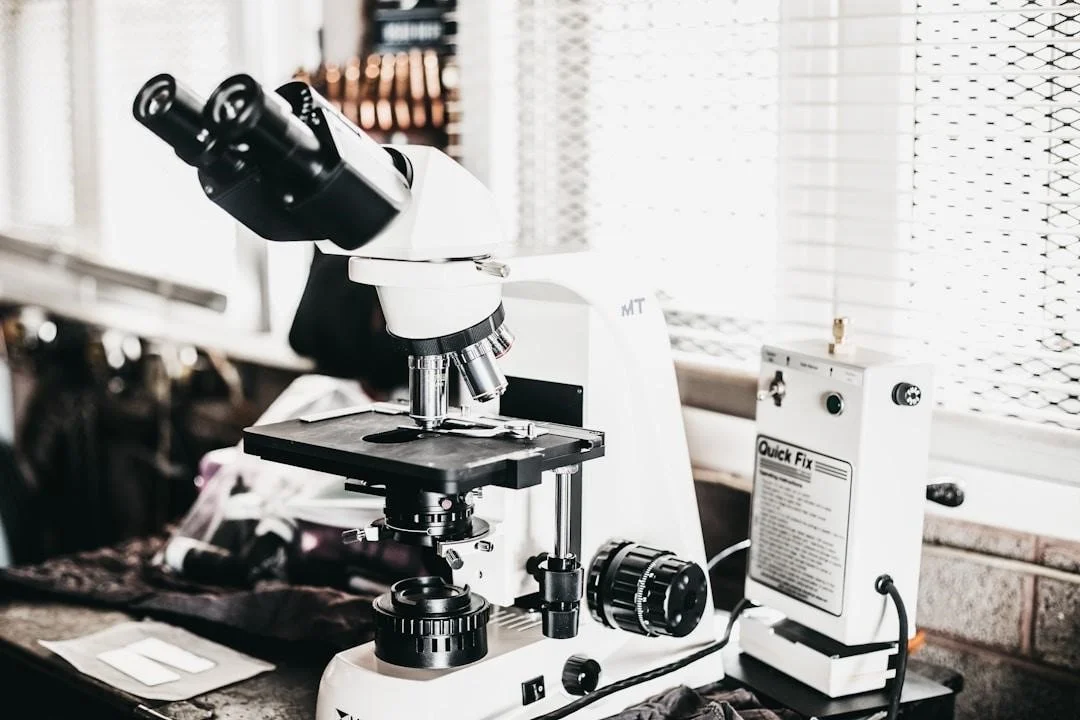
There is no understating of the vital role that MLS plays in the field of healthcare. Professionals in this sector conduct tests that lead to the diagnosis and treatment of diseases, ensuring the well-being of patients. With the ever-expanding horizons of medical technology and innovations, there is a growing demand for skilled specialists in this arena. Opting for an MLS program can be the stepping stone toward a fulfilling and impactful career. Below, we explore how such a program can propel aspiring professionals towards success.
How an MLS Program Equips You With Diverse Skills
A strong foundation in MLS encompasses various disciplines, ranging from biology and chemistry to microbiology and immunology. Programs are designed to build both theoretical understanding and practical expertise. Students delve into complex scientific concepts that are directly applicable in real-world diagnostic settings, learning to operate advanced lab equipment and perform intricate tests.
Beyond the science, MLS programs also foster critical thinking and analytical skills. Considering the precision required in testing and the implications of results, laboratory scientists must develop the ability to scrutinize data meticulously. These programs train students to identify irregularities and to deduce meaningful conclusions from the data.
For those who wish to engage with cutting-edge technology and shift the landscape of medical diagnostics, pursuing an online MLS program can provide the flexibility and depth required to advance one’s knowledge without compromising on quality education.
Career Advancement Opportunities in MLS
With a certification in MLS, professionals can access a broad spectrum of career opportunities. Hospitals, clinics, and reference labs are the traditional employers; however, opportunities abound in areas such as biotechnology companies, forensic laboratories, and public health organizations.
Experienced MLS professionals also have pathways to leadership and educational roles. Positions such as laboratory managers, supervisors, and directors come with greater responsibility and the potential for a more significant impact on patient care and lab operations management.
Additionally, MLS professionals may choose to specialize in areas like hematology, molecular diagnostics, or microbiology. Specialization can lead to increased expertise in specific areas, making them invaluable resources within their chosen fields and potentially leading to better employment prospects and job satisfaction.
The Impact of Laboratory Research Experience on Professional Development
An MLS program often includes hands-on laboratory research, which serves to significantly enhance a graduate’s resume. Laboratory research experience demonstrates a professional’s ability to engage with experimental procedures and to contribute to advancements in medical science.
Research involvement also fosters an understanding of the scientific process, from hypothesis formulation to experimentation and data analysis. This process is fundamental to the development of new testing methodologies and treatments that can potentially save lives and improve health outcomes.
Moreover, engaging in research cultivates a culture of inquiry and innovation. Medical laboratory scientists with research experience are better equipped to tackle complex diagnostic puzzles and implement cutting-edge techniques in their diagnostics practices.
Navigating the Path to Certification and Beyond in Medical Laboratory Science
Graduating from an accredited MLS program is only the first step toward becoming a certified medical laboratory scientist. Certification generally involves passing a national board examination, which validates the competence of a candidate to operate in a clinical laboratory setting.
Once certified, MLS professionals must embrace lifelong learning to remain at the forefront of the field. This learning comes in many forms, from earning advanced degrees to complying with continuing education requirements. Keeping abreast of the latest developments in laboratory science is crucial for remaining professionally relevant. Overall, the benefits of pursuing a medical laboratory science program extend far beyond the classroom or laboratory. As a foundational stone to a versatile and dynamic career, MLS not only offers individual professional growth but also plays a crucial part in advancing healthcare at large. Career development, certification, and the opportunity to contribute meaningfully to patient outcomes make MLS an excellent choice for those passionate about science and medicine.





